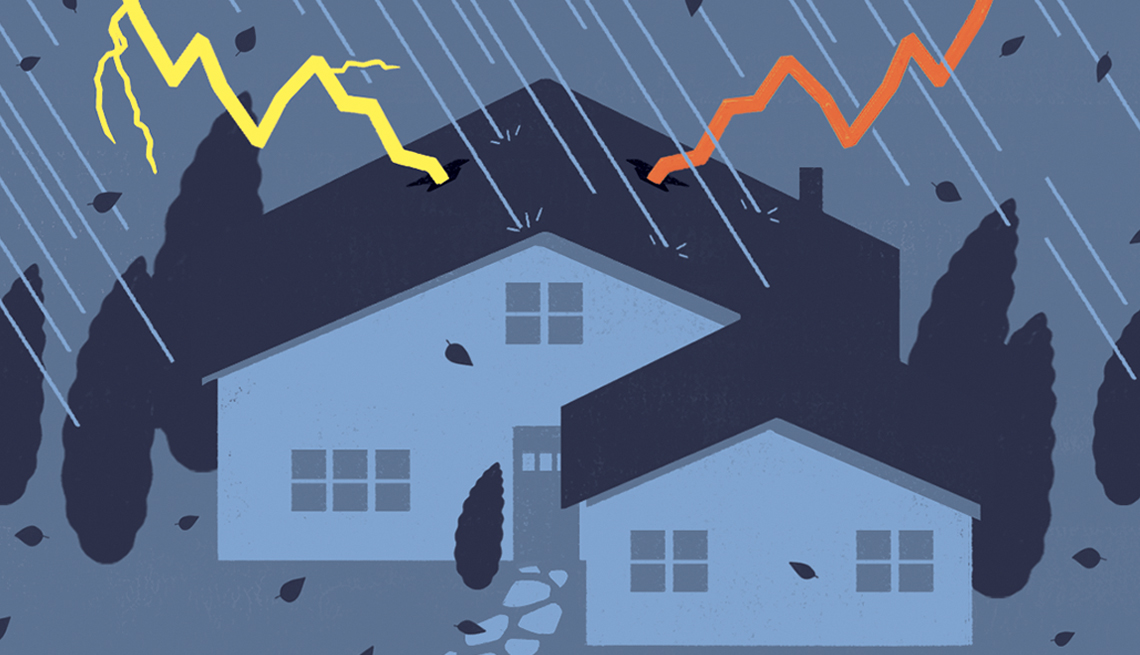Staying Fit
My daughter and her family had been in their home less than a year when big storms swept through their neighborhood last August. It rained in their kitchen, living room and playroom, causing significant damage. My son-in-law called to ask, “Should we file a claim? We’re so new in this house. What if they raise our rates or drop us altogether?”


AARP Membership— $12 for your first year when you sign up for Automatic Renewal
Get instant access to members-only products and hundreds of discounts, a free second membership, and a subscription to AARP the Magazine.
His worries were legit. Home insurers can’t raise your rates or drop you mid-policy just for filing a claim, but at renewal time they can raise your rates as much as 20 percent. If you’ve filed multiple claims, they can even decline to renew your policy, says the Insurance Information Institute trade association. The same is true of auto policies, which typically cost $637 more a year for customers who were at fault for an accident, according to Bankrate.com figures.
And yet, as I asked my son-in-law, isn’t that why you buy insurance? Filing a claim is your right as a consumer. And fewer than half of all property claims result in a rate hike, the industry reports. Here’s how to decide whether your claim is worth the risk.
1. Weigh the type of claim
You’re more apt to see a rate hike after a claim for personal injury or for an incident the insurer thinks might recur or was due to negligence. “The easiest way to get your policy nonrenewed is to report a couple of water damage claims from plumbing leaks,” says former insurance agent Bill Wilson, CEO of InsuranceCommentary.com.



































































